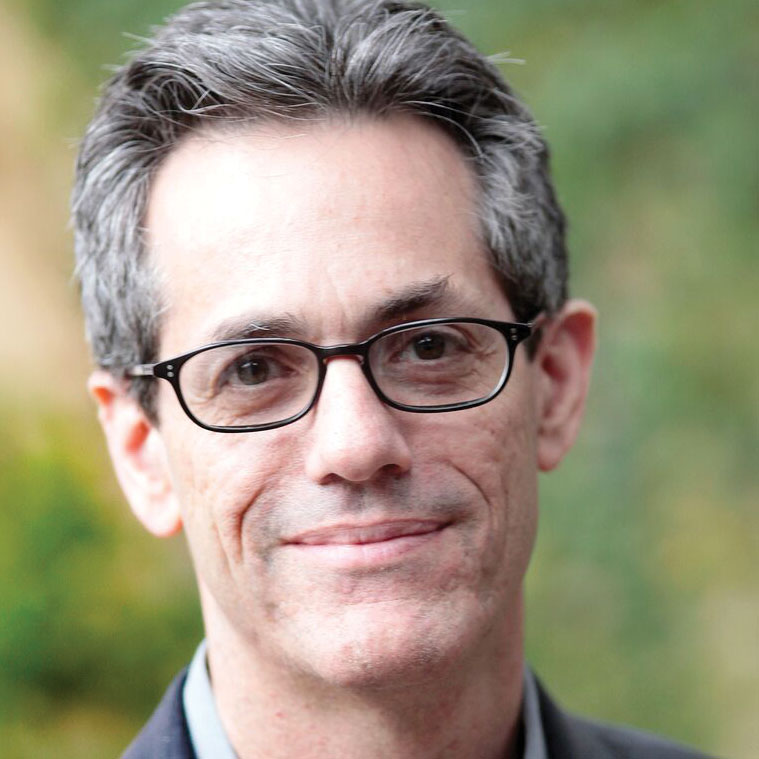Like America at large, the American university is a teeming marketplace of ideas.
Its greatness lies in its unrestrained commitment to open debate. Conversely, its darkest moments have come when the gateways of debate were closed.
We should know this as Jews and as Americans. In our own University of California system, the specter of communism once prompted state officials to monitor and then require loyalty oaths of employees. Among those who refused to sign the oath was the great German Jewish émigré scholars Ernst Kantorowicz, who escaped the Nazi terror in 1934 only to take flight from Berkeley in 1949.
Now we hear that the Middle East Forum plans to introduce a Campus Watch at American universities. The folks at Middle East Forum assure us that their monitoring efforts will be different from the McCarthy-era witch hunts. But when has monitoring of this sort had a beneficial effect? The goal of Campus Watch is to track "the often erroneous teachings and writings of U.S. professors specializing in the Middle East."
While this sounds noble enough, we must wonder who is going to determine what "erroneous" is. If it is a case of Holocaust denial, then it’s easy enough to identify. But what about scholars who understand the Middle East conflict not as a battle between forces of pure good and pure evil, but rather as a struggle between two legitimate nationalist movements (Jewish and Arab) fighting over the same land.
I fear that in the current political climate such an approach would be characterized as "erroneous." Conversely, I fear that anyone who expresses support for the Palestinian cause, regardless of his or her scholarly merits or his or her empathy for Israel, will be subjected to Campus Watch scrutiny.
The problem is not merely the principle of such monitoring. It is also the implementation, especially in the hands of the Middle East Forum people. A year ago, the Forum’s Middle East Quarterly published the fruits of its investigation into Israeli campus life. The objective then was to show "how a number of radicals actively legitimated the agenda of the country’s enemies." This statement should set us on notice that the Middle East Forum monitors are prepared to resort to dangerous scare tactics to advance their cause. When we read the roster of treasonous radicals, we become even more concerned. The list includes figures such as Ron Pundik and Yair Hirshfeld, who worked as representatives of a duly elected Israeli government to help draft the first Oslo accords. To brand them as "extremists" is absurd, but sadly consistent with recent attempts to airbrush out of history their bosses, the late Yitzhak Rabin and the current Israeli Foreign Minister Shimon Peres.
But the strangeness continues. We are also told to watch out for historian Benny Morris, hardly a flaming liberal, and eminent philosopher Shlomo Avineri, who has held mainstream political views since his time as director-general of the Israeli Foreign Ministry. The kind of "monitoring" practiced here is indiscriminate and dangerous, the kind of bumbling attempt at censorship that gradually assumes a more chilling form, as portrayed so brilliantly in Milan Kundera’s novels about communist Czechoslovakia.
Fresh off its Israeli triumph, the Middle East Forum now proposes an American Campus Watch. This effort undoubtedly draws strength from the claim that anti-Semitism is flourishing on college campuses. There is cause for vigilance on campuses, as a small number of faculty and students use the pretext of criticism of Israel to advance an anti-Semitic agenda. But the key point to bear in mind is proportion. The number of voices tinged with hatred of Jews is small, I suspect, compared to the amount of anti-Muslim or anti-Arab sentiment on campus and beyond. More importantly, those few voices do not herald an anti-Semitic tidal wave. As recently as June 2002, the Anti-Defamation League, whose job is to fight anti-Semitism, concluded that "campus faculty and students are the least anti-Semitic among Americans" and that "anti-Semitism on U.S. college campuses is virtually nonexistent."
We must continue to remain on guard against anti-Semitism. But we must also learn to recognize that not all criticism of Israel is anti-Semitic. Not every supporter of the Palestinian cause is a Jew-hater. Yes, Muslim and Arab student organizations are aggressive in support of that cause. Yes, a handful of professors are outspoken advocates of that cause. And yes, passions can become inflamed and language incendiary. But to tar all criticism of Israel with the charge of anti-Semitism is also incendiary and quite inaccurate.
The American university is a vibrant public square, a place where thinkers of different ideologies and intellectual temperament set up their soapboxes. If we as committed Jews on campus want to be part of the action, we would do well to spend less time compiling inquisitorial dossiers or printing slick brochures that demonize the Palestinians. And we certainly do not need allies like the Middle East Forum, whose questionable tactics have been met with warm embrace by some in our community.
Rather than exercise thought control, we should seek out dialogue with reasonable and moderate colleagues. Where, if not the university, can such dialogue take place? At the same time, we should redouble our efforts to explore the rich and textured history of Israel. Indeed, the time has come to establish new centers, programs and chairs in the field of Israel studies. This is how the serious work of a university gets done. And this is how those interested in Israel on college campuses should be spending their time, energy and money.
David N. Myers is professor of Jewish history and vice chair of the history department at UCLA.























 More news and opinions than at a Shabbat dinner, right in your inbox.
More news and opinions than at a Shabbat dinner, right in your inbox.